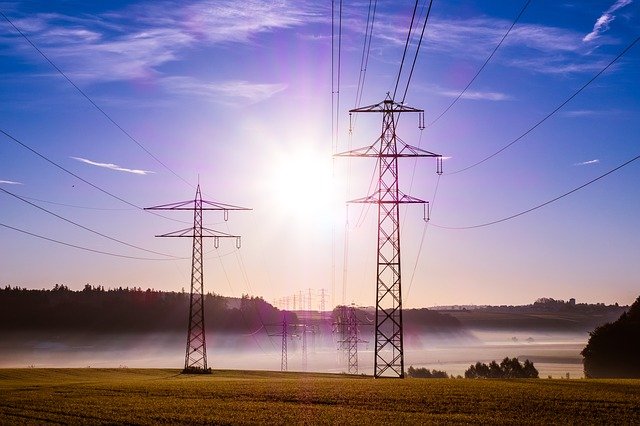As temperatures plummeted to minus 18 degrees in the capital, Stockholmers decided it was time to turn up the heat.
A resulting power cut which started at 5pm affected around 3,000 homes which were without electricity for up to six hours.
Those worst affected were inhabitants in Dalarö and Ornö, just outside the city, and customers of energy company Vattenfall.
“The power simply became too much for some lines when people turned their radiators up,” said Vattenfall spokesperson Magnus Örvell.
By 11pm electricity had been restored to most homes in the area.
Around 11,500 Fortum customers in central Sweden were also left in the dark on Tuesday evening. In the Stockholm suburb of Täby, 8,209 homes suffered from the power cut.
Engineers worked throughout the night and by Wednesday morning the number was reduced to 600.
”Things break due to an overload when it gets cold,” Fortum engineer Fredrik Beckius told newspaper Expressen. ”We have brought extra people in,” he added.
“Should it get colder we will have to deal with the situation.”
Swedes can expect temperatures to plummet even further with weather forecasters predicting minus 40 degrees in Dalarna and minus 20 degrees in Stockholm later in the week.
There were no reports of power trouble in northern Sweden despite the lowest temperature of the season recorded at Hemavan airport in Lappland, which reached 38.8 degrees.


 Please whitelist us to continue reading.
Please whitelist us to continue reading.
Member comments